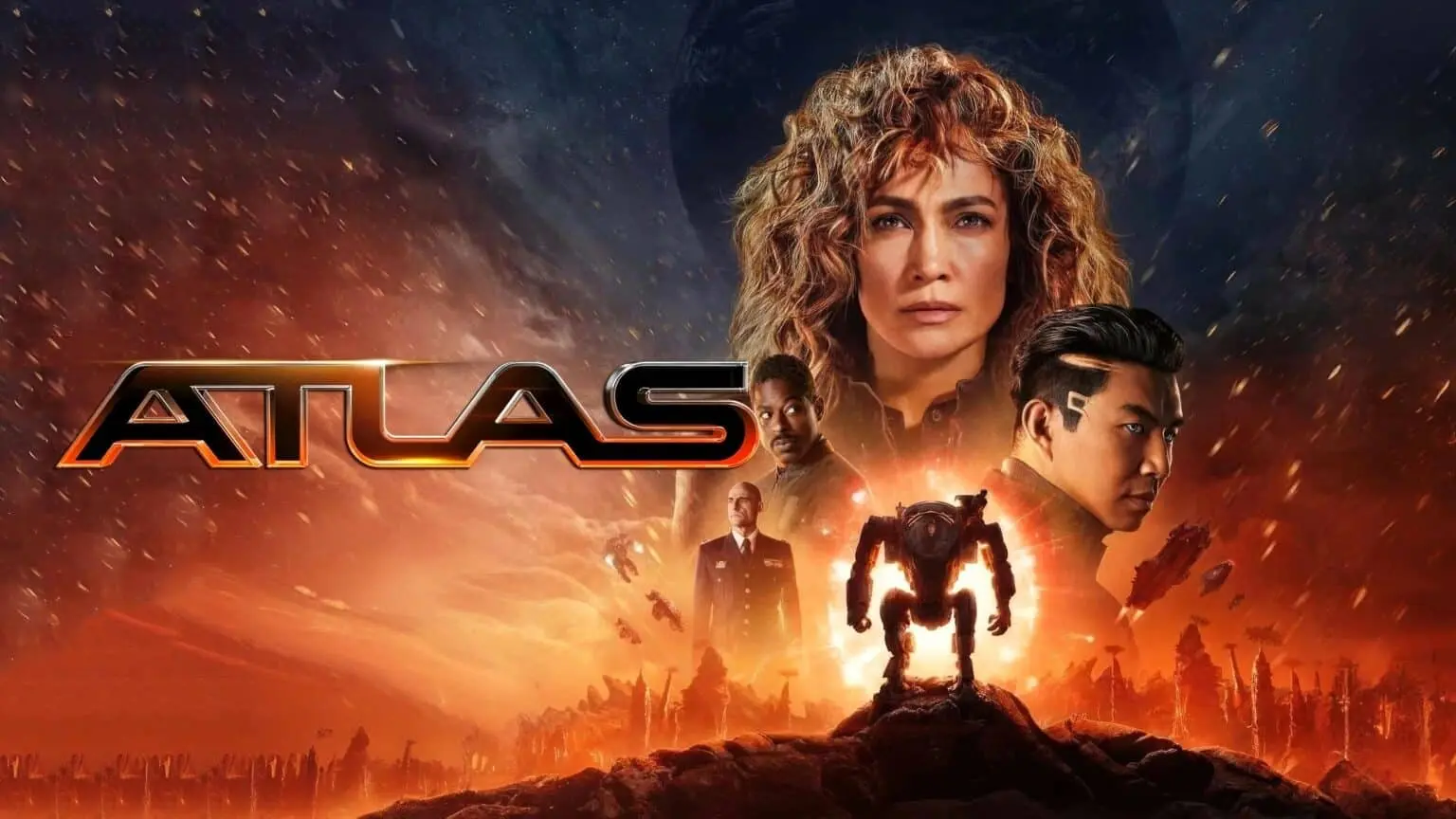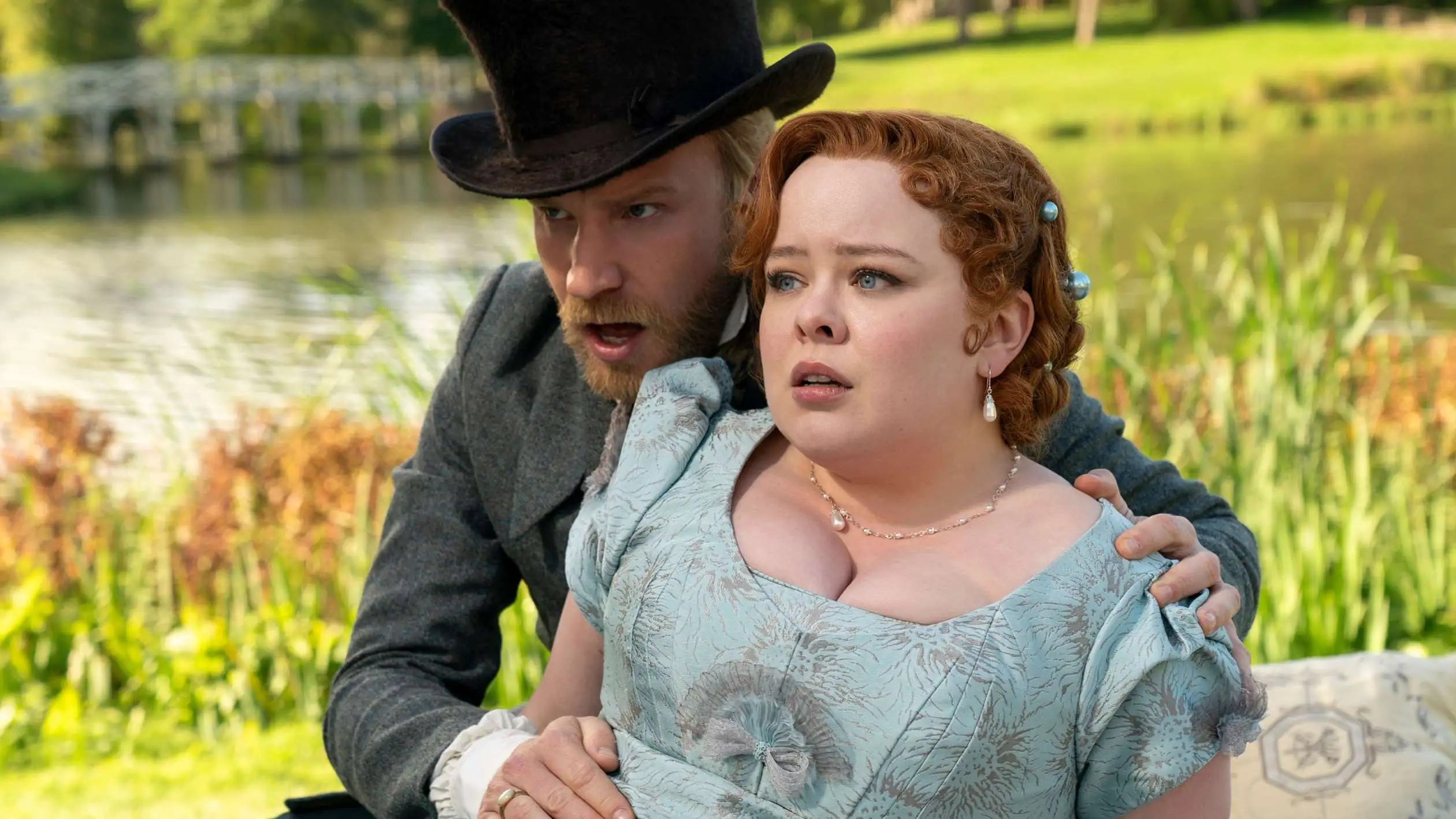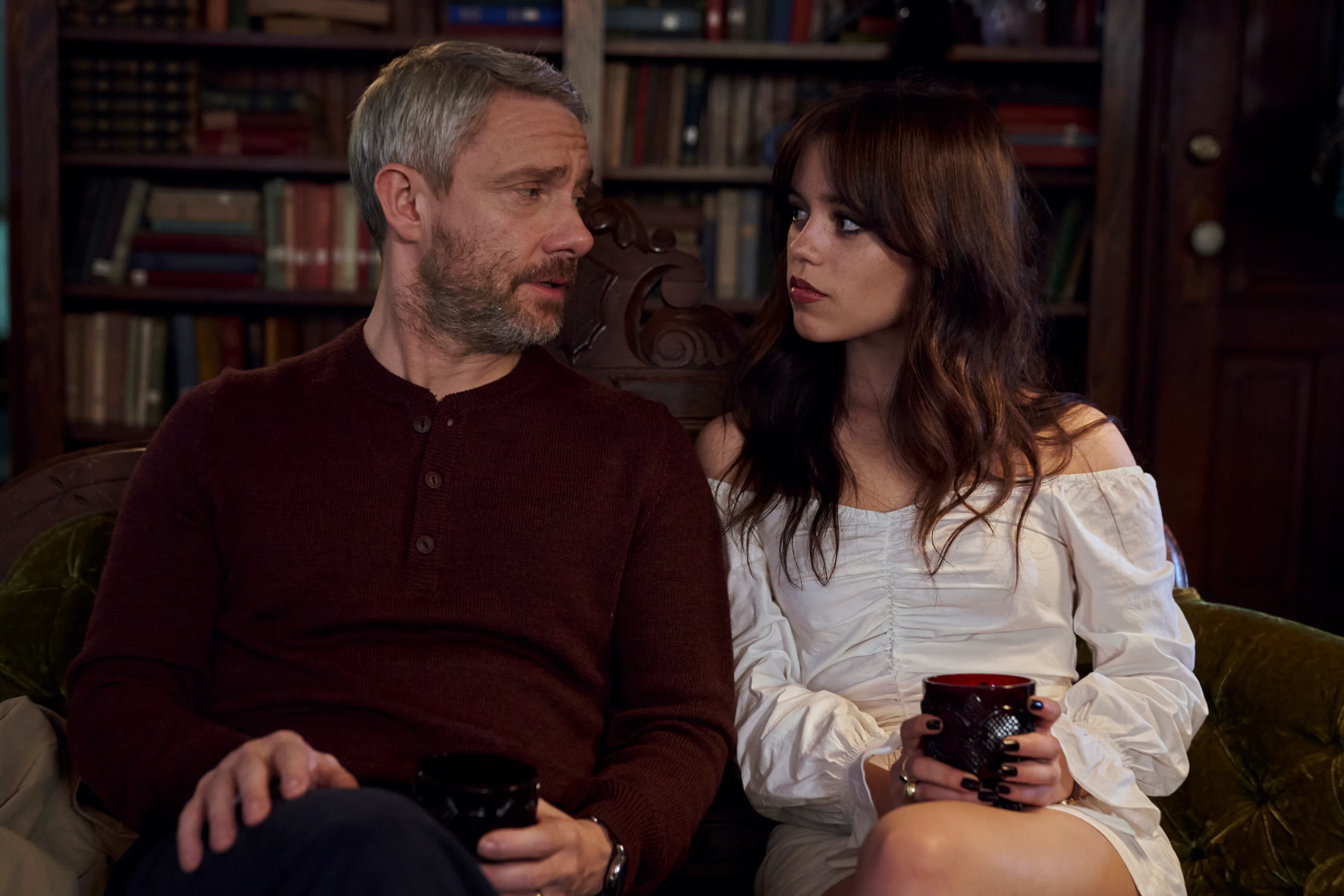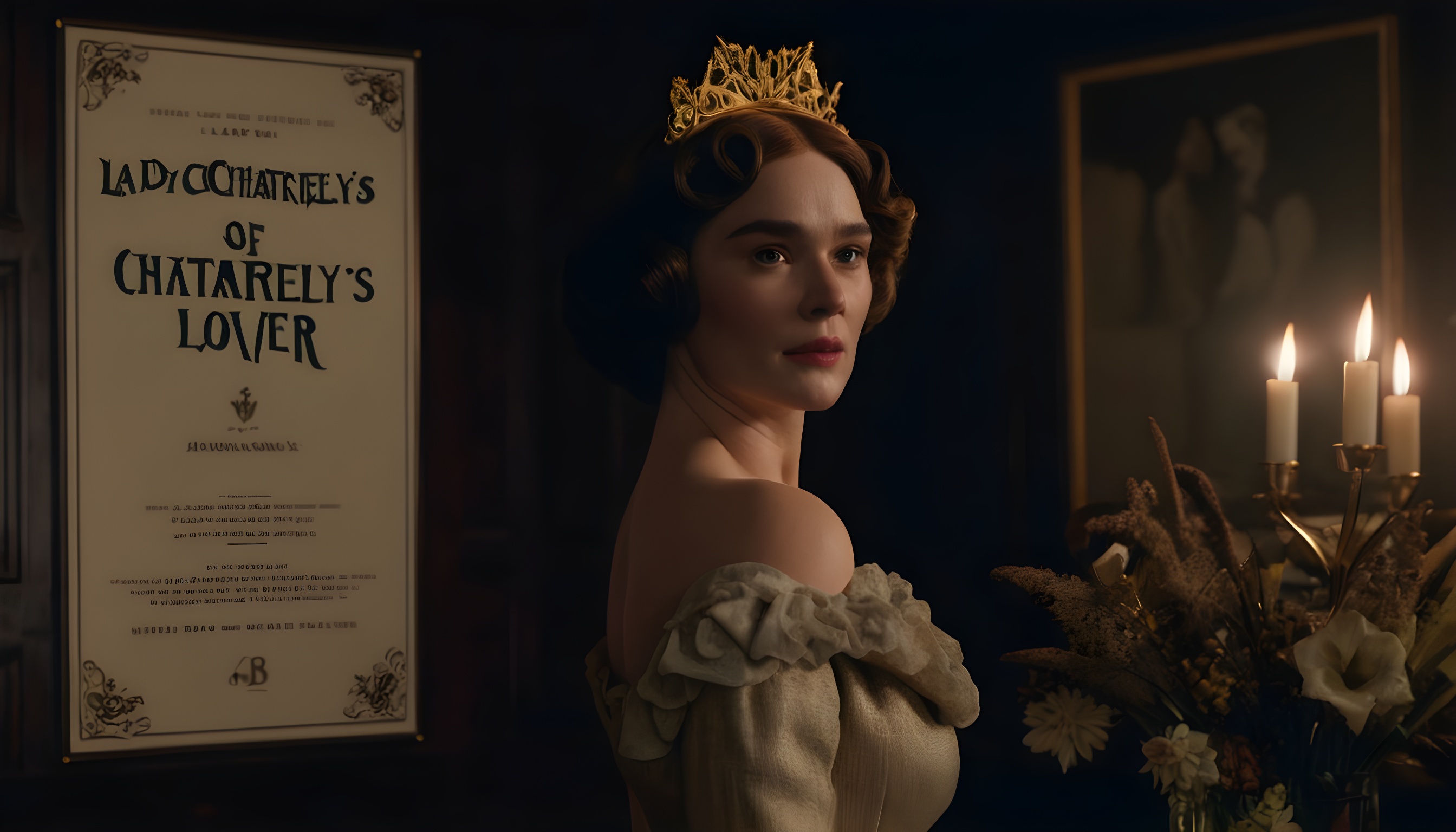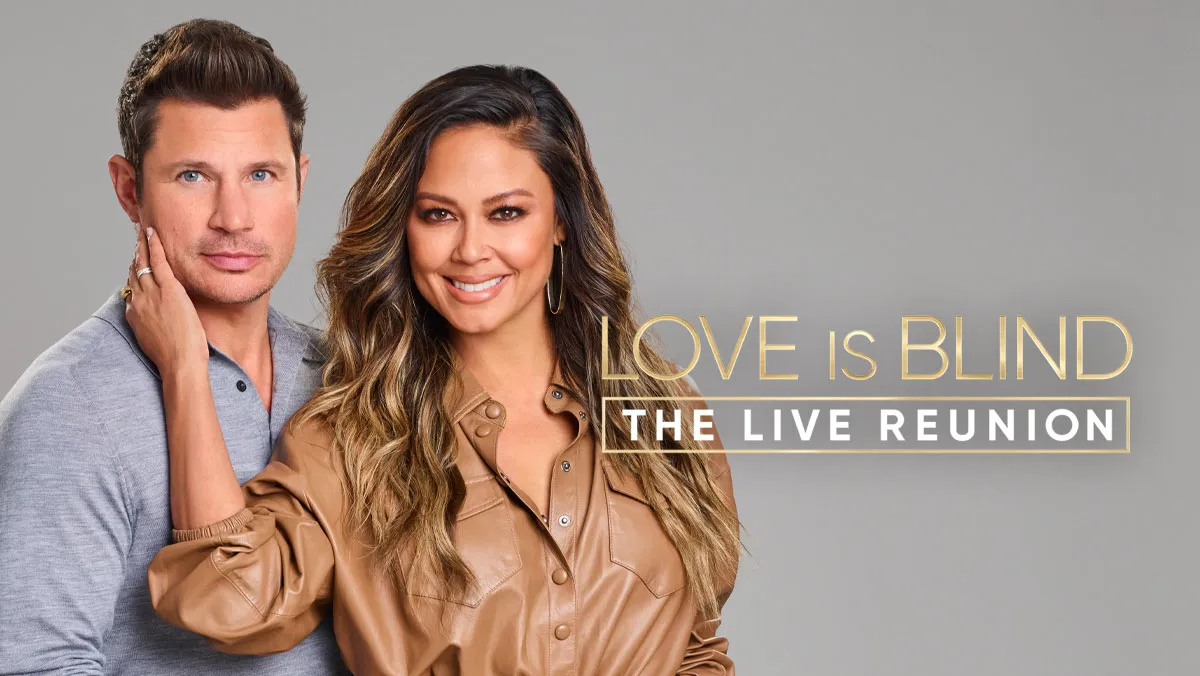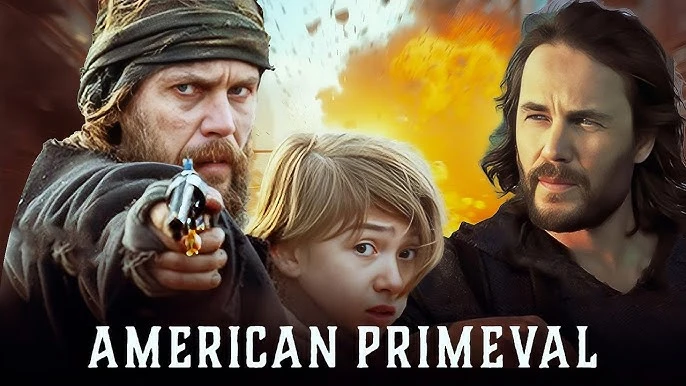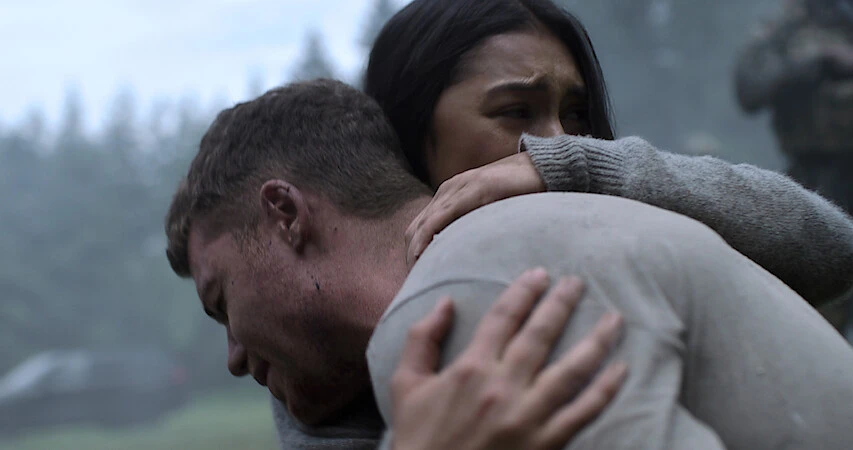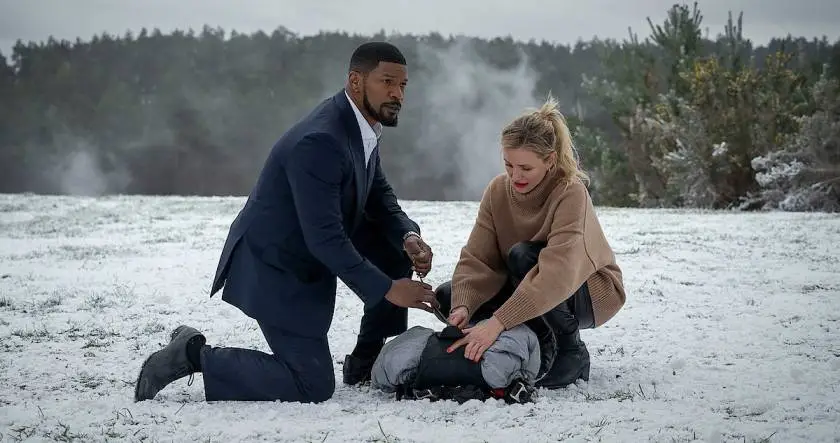By David Raether
It’s June—and that means it’s wedding season! (Actually, September is the biggest month for weddings, but really, is there a bad month for a wedding?)
What’s not to like about a wedding, especially if you’re not actually in it? Everyone’s all dressed up, even your hippie cousins, who are wearing their finest burlap shirts. There’s also dancing, intrigues, and drama. In other words, a perfect occasion. But again, probably because you’re not in the wedding. You didn’t have to do any work; you simply showed up, cried at the right places, cheered, ate, drank, and danced. There’s generally pretty good food, sometimes even great food. And don’t forget the open bar!
I’ve been involved in the planning and executing of two weddings: my first in 1982 and then my second, 37 years later, in 2018. I will just say this: it doesn’t get easier the second time around. Same headaches, same dramas, same kinds of vendors and venue problems, and don’t get me started on trying to deal with your family. Planning and pulling off your first wedding should be disincentive enough for divorce.
Anyway, this is precisely why wedding movies are so much fun. It’s not your wedding! You get to be the spectator and enjoy the fun without any of the stress that goes into setting the whole thing up.
Weddings are popular topics for films. When I was trying to be a movie writer (spoiler alert: I was a complete failure—I didn’t sell a single screenplay), studio executives repeatedly told me they were looking for pitches in two areas: Christmas and weddings.
One guy said to me, “Hey, if you can combine, like, a wedding with Christmas, and maybe have, like, a big car chase, we’d be really interested.” Yeah, like, no. It was almost as deflating a moment as when a network executive once said he liked my working-class family sitcom idea, but it needed something like a talking dog. Aw, forget it.
Hey, wait a minute... Thinking about it now, a Christmas wedding movie with a huge car chase. I could maybe work with that. Just pitching here, but it would take place in San Francisco because that’s definitely the best city for car chases. On the day of the wedding (Christmas Eve day), the first snowstorm to hit San Francisco since the 1960s happens. The high-stress, overachieving tech worker couple is having a hard time deciding what to do with the bride-to-be’s maniac cousin, whom they are being pressured to include in the wedding. Solution: he can drive the limo. Meanwhile, there would be rival gangs of inept gangsters both trying to gain possession of a shipment of something valuable, like paintings coming in for a big museum exhibit. They end up chasing each other and collide with the limo in the wedding party. The maniac cousin is enraged, and instead of taking the limo to the church with the couple inside, he decides to chase down the cars that drove into him. And some other stuff would happen, and there’d be a mall Santa who’s a little too into his job. And then…
(Spoiler alert: this movie will never get sold or made.)
Regardless, wedding movies are fun, they’re hopeful, and they’re joyful. Here are my favorite wedding movies.
Crazy Rich Asians was the first major Hollywood film with a predominantly Asian cast since Joy Luck Club (1993), and it was an enormous hit. Based on the eponymous novel by Kevin Kwan, the movie tells the fairytale-like story of a young Chinese-American woman in New York who meets and falls in love with a Singaporean ex-pat. The man seems like a totally normal, everyday career striver. He says only that his family is “comfortable,” and she has no idea how truly rich they are (they’re crazy rich) until she accompanies him to a wedding in Singapore. There she encounters the buzzsaw-to-her-dreams that is his mother.
Directed by John M. Chu and starring Constance Wu, Henry Golding, Gemma Chan, and Awkwafina, Crazy Rich Asians is just simply irresistible. Ken Jeong also has a cameo in a lunch scene that is the comedic highlight of the entire movie. This is a sweet, lush, romantic film with plenty of laughs. It’s truly an old-fashioned romantic comedy—with an emphasis on the romantic part.
It seems like many women go through a time in their lives when it feels like everyone they know is getting married. And they’re asked to be a bridesmaid in most of them. Guess what? It’s not cheap either. Here, Katherine Heigl is the perpetual bridesmaid. She keeps getting asked to serve as a bridesmaid in someone else’s wedding—27 of them, to be exact. Each wedding requires a new dress that matches the sometimes outrageous theme of the wedding.
I think Katherine Heigl is just great. She is not an actress with a wide range, but she plays the normal person about as well as any actor I’ve seen—which is no small feat. This is a delightful and wistful comedy. The film was directed by former dancer and choreographer Anne Fletcher, with the script written by Aline Brosh McKenna (who also penned We Bought a Zoo (2011) and adapted the screenplays for the films The Devil Wears Prada (2006) and the 2014 version of Annie.
Everyone has seen the 1991 remake of this film starring Steve Martin and Diane Keaton (and maybe even the sequel). Well, it’s time you saw the original because it’s excellent. Spencer Tracy is the father of the bride (played by a teenage Elizabeth Taylor) and Joan Bennet is the mother. Directed by the fabulous Vincente Minnelli (father of Liza), this film came out five years after the end of World War II. It has that reassuring things-are-back-to-normal-again sense to it, and I can’t help but think about all the country had been through in the prior two decades that makes watching such a good-natured and happy comedy feel right.
The screenplay was by the wife and husband team of Frances Goodrich and Albert Hackett, one of the great writing teams in Hollywood history. They won a Pulitzer Prize for their play The Diary of Anne Frank and received Academy Award nominations not only for this film but also for The Thin Man (1934) and Seven Brides for Seven Brothers (1955). They also wrote probably the most beloved film in Hollywood history: It’s a Wonderful Life (1946). If you loved the modern version of this film, you may like the original even more. I highly encourage you to put it in your queue.
As a guy, this movie seemed like a visit to an alien planet. It’s super funny with some outrageous gross-out humor and a tremendous cast. My wife and I watched this together a few years ago, and I finally had to ask her, “Is this really what it’s like?”
“Oh, yes,” she said.
Weddings can be quite complicated for women and their friends. She then told me about her first wedding when she had to ask one of her bridesmaids to pay for her own dress while she paid for a different bridesmaid’s dress because she couldn’t afford it. When her friend found out about this arrangement, she nearly quit the wedding, and the ensuing argument led to a five-year estrangement.
Here, two long-time girlfriends find their relationship tattered during the planning of a wedding while a new wealthy friend seems to completely take over the whole thing. It’s a naturally tense situation that gets played for huge laughs and a lot of anxiety—always a good combination for comedy. It also includes one of the great gross-out scenes in movie comedy history, taking place in a dress shop after food poisoning. The script was co-written by Kristen Wiig and her fellow Groundlings alumnus Anne Mumolo. (Groundlings is a legendary comedy troupe in Los Angeles that has produced numerous Saturday Night Live stars.) The marvelous ensemble cast also includes Maya Rudolph, Rose Byrne, Melissa McCarthy, and Jon Hamm, who plays a dentist and complete jerk.
An uplifting, romantic, and very funny introduction to the world of Greek Orthodox Christian wedding traditions—and the smothering family that surrounds you when you marry into that tradition. Nia Vardalos originally wrote it as a one-woman show talking about her wedding—and subsequent marriage—to a non-Greek man. The show ran for six weeks in a theater in Los Angeles and was seen by Tom Hanks’ wife Rita Wilson, who is Orthodox. The rest is history.
I’m Orthodox myself, and I loved, loved, loved this movie. My one beef with it, however, is the organ music in the wedding. Orthodox churches do not have organs! The only instrument allowed is “the unadorned human voice.” It bugged me just a little, but this is a minor complaint about a movie that is such a major delight. Plus, who knew Windex had so many uses?
India, I once read, is a wedding culture. It feels like courtships and weddings are a nearly universal element of every Bollywood movie I’ve ever seen. In fact, if you’re looking for ideas for your wedding, check out the fabulous Tanu Weds Manu (2011), a delightful romantic story with amazing costume jewelry—particularly the bracelets.
Indian weddings are usually visually sumptuous. That’s certainly the case with Monsoon Wedding. This movie is about the planning and executing of an enormous wedding in India that brings two huge families together for the special day—and just before the start of monsoon season.
This is a wonderful and unforgettable film. IndieWire named it the best romance of the 21st century, and it’s hard to argue with this claim. It’s a richly complex tale of the clash between modern life and values and the traditions of India. The movie was directed by the highly-accomplished Indian-American director Mira Nair, whose credits include Salaam Bombay! (1988), Mississippi Masala (1991), Vanity Fair (2004), and Queen of Katwe (2016).


David Raether is a veteran TV writer and essayist. He worked for 12 years as a television sitcom writer/producer, including a 111-episode run on the ground-breaking ABC comedy “Roseanne.” His essays have been published by Salon.com, The Times of London, and Longforms.org, and have been lauded by The Atlantic Magazine and the BBC World Service. His memoir, Homeless: A Picaresque Memoir from Our Times, is awaiting publication.


